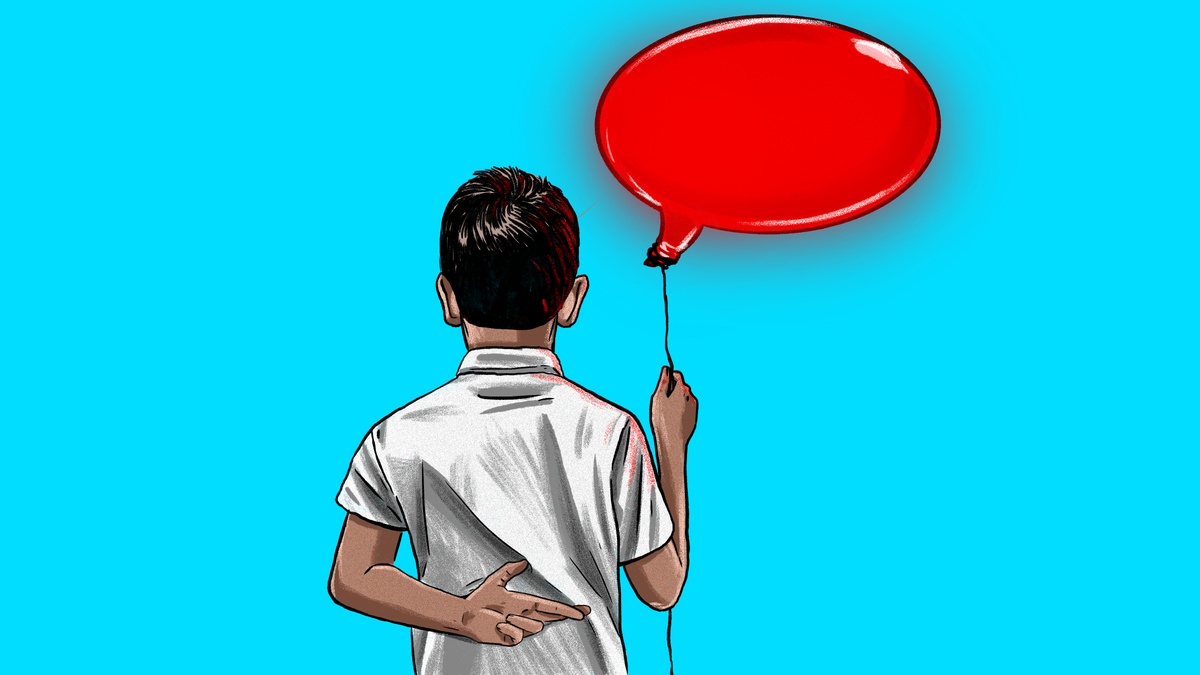What is Matsya Mudra?
In Sanskrit, “Matsya” means “Fish” thus Matsya Mudra stands for “Gesture of the Fish”. This mudra represents shrouding something to protect it from harmful influences. Matsya mudra is formed by placing one hand palm on top of another hand...


In Sanskrit, “Matsya” means “Fish” thus Matsya Mudra stands for “Gesture of the Fish”. This mudra represents shrouding something to protect it from harmful influences.
Matsya mudra is formed by placing one hand palm on top of another hand back while the thumb remains extended sideways. The palm resembles the body of the fish while the thumbs resemble its wings, hence the name Matsya mudra.
Spiritually, the Matsya Mudra is a representation of Lord Vishnu’s Matsya Avataram or a fish bravely swimming across the “Samsara Sagara” (ocean of samsara).
The body, mind, and soul are considered to be profoundly affected by Matsya mudra. It supports vitality and wellness, soothes tense muscles, and calms the endocrine system. Regular practice of this mudra improve memory and mental agility. It is also said that Osteoarthritis symptoms can be reduced by using Matsya Mudra.
In addition to several other rituals, Matsya mudra is practiced when reciting the asana mantra. In the Bharatnatyam dance style, the Matsya Mudra is frequently displayed.
How to perform Matsya Mudra
Sit tall and straight in any one of the meditative positions such as padmasana, sukhasana, or vajrasana. Make sure your head and spine are aligned properly and your back is straight. If needed, sit on a cushion, bolster, or yoga block.Bring your hands in front of you with palms facing down.Place your right hand palm on top of your left hand back in a way that your fingers are placed on top of each other. All your fingers should be stacked on top of each other.Your thumbs should be comfortably extended sideways.Put your hands in front of your stomach or on your lap.Close your eyes and stay in this position for a minimum of 5-10 minutes.Time and Duration of practice
You can perform Matsya mudra anywhere for 10-15 minutes, 2-3 times a day. Since it protects from negative influence, you could also perform this mudra when you are about to start something new in your life.
Moreover, like most other hasta mudras, the best time to practice is early morning between 4 am to 6 am, better known as Brahma Muhurta.
Benefits of Matsya Mudra
Matsya mudra, just like the agility of a fish, promotes an agile mind and body. It manifests the fluidity of water in your thoughts while making you calm and stress-free. Physically, it improves your joint health and increases youthfulness.
Here are some of the benefits of this mudra:
Energize and helps you stay fit.Maintains your health while extending your life.Soothes an overactive endocrine gland besides relaxing the muscles.Effective for osteoporosis, osteoarthritis, and overall joint health.Improves mental agility and memory.Increases immunityCalms the body and mind and relieves tension.Develops emotional openness.Conclusion
The Matsya mudra is an extremely effective hasta mudra to tackle stress. It not only relax your muscles and improve cognitive functioning but also balance your endocrine system. Use this mudra regularly for a fit mind and body.

Looking for Various Mudras to Improve Health? GET YOUR MUDRAS PDF!
PDF contain 80+ mudras with pictures and benefits.
About The Author
Ashish
Ashish is a certified Yoga Teacher having experience of teaching at various schools in India. He started learning yoga from renowned yoga schools in the world capital of yoga, Rishikesh. Through his teaching, he realized how Yoga & Ayurveda can be used to increase the longevity and wellness of one's life.

 MikeTyes
MikeTyes 
































